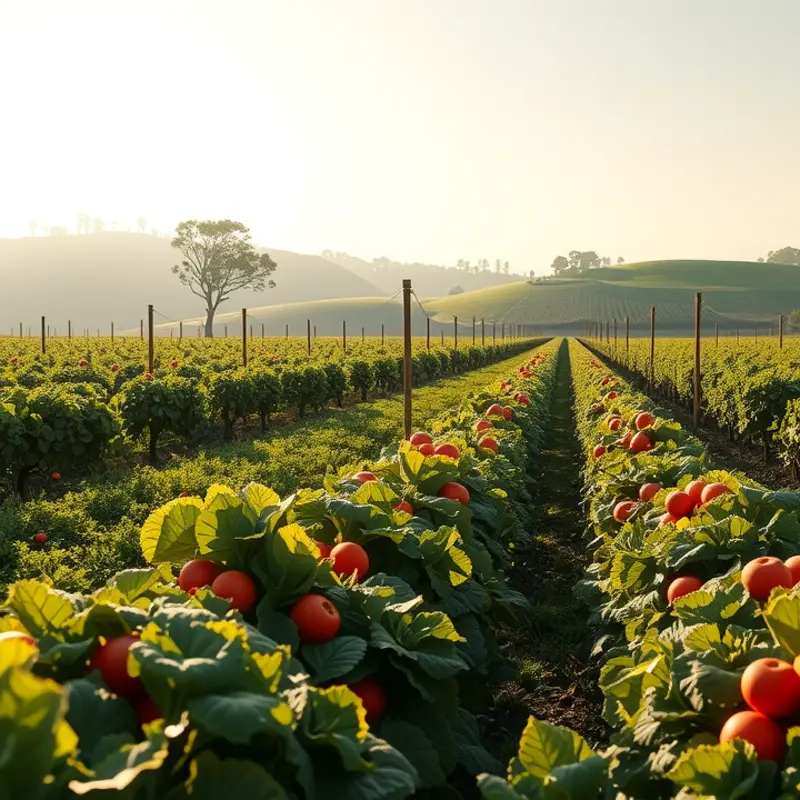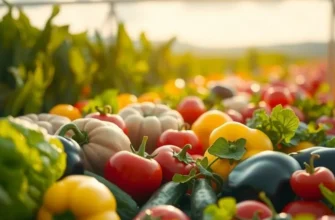Seasoning is the secret to elevating meals from mundane to memorable. By understanding how to season evenly, home cooks can enhance flavor profiles, bring out the best in ingredients, and achieve consistency across dishes. Whether you’re a novice or experienced in the kitchen, mastering the art of proper seasoning will transform your culinary creations. This guide shares straightforward strategies to ensure your food is balanced and flavorful, empowering every cook to create a taste experience that delights the palate.
Understanding Seasoning Basics

To truly master the art of even seasoning, one must first understand the fundamentals of seasoning itself. Seasoning is much more than just adding salt to food. It is the deliberate practice of enhancing flavor by using various elements such as salt, herbs, spices, and acids like vinegar or citrus. Each type serves a different purpose in cooking and interacts uniquely with ingredients.
Salt, often referred to as the king of seasoning, plays a critical role in amplifying and balancing flavors. It has the unique ability to reveal hidden flavors within ingredients. Using salt appropriately is about more than quantity—it’s about timing. Salting early in the cooking process allows the salt to penetrate the food uniformly, while finishing salt can add a burst of flavor and texture when sprinkled just before serving.
Herbs and spices provide complexity and depth. Fresh herbs, such as basil, parsley, or cilantro, offer bright flavors and are best added towards the end of cooking or as a garnish to preserve their vibrant colors and delicate aromas. Spices like cumin, coriander, or cinnamon are often more potent and are best added early or cooked in oil to deepen their flavors. Toasting whole spices before using can significantly enhance their taste profile.
Balance is key when seasoning. An overabundance of any single element can overwhelm a dish. A harmonious blend of sweet, salty, sour, and bitter can elevate the simplest ingredients. For instance, adding a dash of citrus or vinegar can counterbalance sweetness or acidity, creating a more rounded flavor.
Tasting as you cook is vital. Your palate is your most reliable tool in the kitchen. Maintaining a tasting spoon nearby and sampling the dish at different stages ensures that you catch imbalances and adjust seasoning before it’s too late. This practice also helps in calibrating the seasoning throughout the cooking process as flavors evolve.
When adjusting seasoning, remember that ingredients can vary in flavor intensity. A pinch of chili powder from one producer might taste more potent than another’s. Thus, it’s always essential to become familiar with the specific sources of your spices and understand their unique characteristics.
For those mindful of sodium intake or exploring alternatives, there are numerous ways to boost flavor without relying heavily on salt. You might visit Flavor Boosters without Salt to explore such options. From using umami-rich ingredients like mushrooms and fermented products to enhancing dishes with smoked flavors, there are various paths to a well-seasoned dish.
In conclusion, understanding the basics of seasoning is essential for creating perfectly flavored dishes. By recognizing the unique contributions of salt, herbs, and spices, balancing flavors thoughtfully, and tasting as you go, you’ll lay a strong foundation for more advanced seasoning techniques. Adjustments are part of the journey, ensuring every bite is as delightful as the last.
Techniques for Even Seasoning

Achieving perfectly seasoned dishes requires understanding both technique and timing. The journey begins with pre-seasoning, a crucial step often overlooked. Pre-seasoning meat or vegetables evenly before cooking helps the flavors penetrate deeper, enhancing the taste throughout rather than just on the surface. For meats, a simple sprinkle of salt up to an hour before cooking can transform a dish.
Using the right measuring tools is another fundamental practice. While many rely on instinct, measuring tools ensure precision, especially for those new to the culinary arts. A set of measuring spoons and a small kitchen scale can guarantee you’re adding the correct amounts, preventing the risk of over or under-seasoning.
Turning to techniques like brining adds another layer of flavor complexity. Brining involves soaking ingredients in a saltwater solution, often with added spices, to tenderize and enhance natural flavors. This method is particularly effective with poultry and pork. Meanwhile, marinades introduce acidity through ingredients like vinegar or citrus, which not only season but also tenderize meats by breaking down proteins.
For a robust flavor, dry rubs are indispensable. A mixture of spices and herbs massaged onto meats or vegetables, dry rubs provide a crust of intense flavor. Letting the rub rest on the item for an extended period allows the seasonings to meld with the natural flavors.
Understanding when to apply seasonings is pivotal. Early seasoning during prep stages helps incorporate flavors deeply, while others, like fresh herbs, shine brightest when added at the end of cooking. Balancing these timings prevents the loss of delicate flavors.
Timing also protects against seasoning mishaps. Seasoning in layers during different cooking stages can provide depth. Add a touch of salt early, a sprinkle of herbs mid-cook, and a final layer of spices at the end to create a full-bodied taste profile.
For those seeking to reduce sodium without losing flavor, exploring alternative flavor boosters can be enlightening. Check this guide on flavor boosters without salt for ideas on enhancing dishes naturally.
In sum, mastering even seasoning entails a careful blend of techniques and tools. By integrating these steps, you’ll develop the confidence to season dishes perfectly every time, sidestepping the pitfalls of overpowering or bland flavors. These practices form the basis for enhancing any culinary creation, ensuring each bite is as delightful as the last.
Final words
Achieving evenly seasoned food is an essential skill that significantly enhances your cooking. By mastering the basics of seasoning and incorporating effective techniques, every meal can be elevated to new heights of flavor and enjoyment. Remember that seasoning is not just about adding salt or spices; it’s about understanding your ingredients and taste preferences. With practice, you will develop a confident palate and the ability to create balanced, delicious dishes every time you cook. Embrace these tips, experiment, and enjoy the journey of becoming a seasoned home cook.







